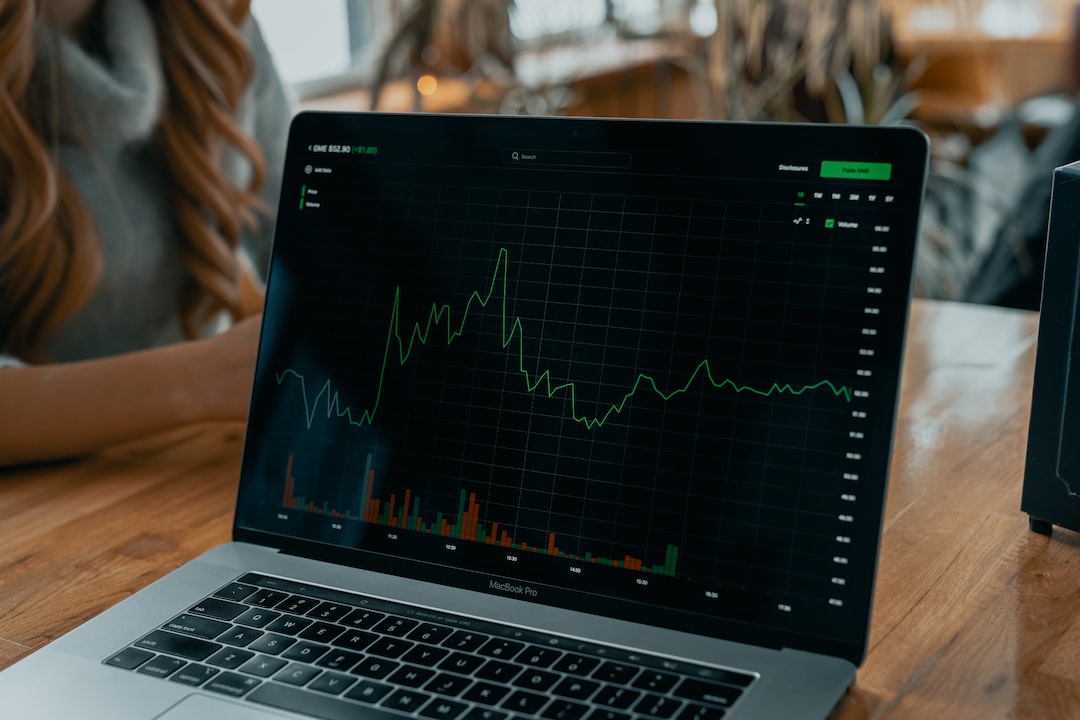Crypto assets are a type of digital or virtual currency that use cryptography for security. They are typically built on blockchain technology which is a decentralised and transparent ledger of all transactions.
The most well-known crypto asset is Bitcoin which was introduced in 2009. Since then, thousands of other crypto assets, often referred to as altcoins, have been created.
The rapid growth of cryptocurrency has attracted considerable attention from HMRC and it is crucial that investors, traders, and businesses have their tax affairs structured correctly and retain adequate records in order to remain compliant.
Do you have to pay tax on crypto assets?
Crypto assets are a store of value and are treated as shares, rather than money or currency, by financial institutions and are not usually regulated by an authority such as the Government or a Central Bank. However, HM Revenue & Customs recognise that profits and gains can be taxable in many situations.
How are crypto assets taxed?
Capital gains:
Typically, cryptocurrencies are treated as assets of an individual. In most cases, those selling, gifting, or disposing – including exchanging tokens for different crypto assets, and using tokens to pay for goods and/or services – of crypto assets do so for personal investment, therefore the transaction would be subject to capital gains tax. Generally, the tax is calculated based on the difference between the sale price and the purchase price of the cryptocurrency, less any allowable costs. Individuals would pay capital gains tax on the gains above any available annual tax-free allowance (currently £6,000 but falling to £3,000 from 6 April 2024). Gains above this allowance will be taxed at 10% if they fall into the basic rate band and 20% otherwise.
Income tax:
Those who receive cryptocurrency in exchange for goods or services, making profit from a trade, will be subject to income tax and National Insurance contributions. Tokens received from ‘mining,’ although not considered trading by HMRC, will also be liable to income tax. Most individuals will be investors rather than traders and will therefore be liable to tax under the capital gains tax regime.
What cryptocurrency transactions are not subject to tax?
- A cash purchase of crypto assets.
- Gifts to a spouse or civil partner.
- Gifts to a charity or not for profit organisation (exceptions apply).
- Transferring crypto between wallets that you own.
Paying tax on crypto assets:
There are requirements in place for crypto investors to report gains accumulated on their assets, which are in excess of their annual tax-free allowance, either on their self-assessment tax return, or they can use HMRC’s Capital Gains Tax ‘real time’ service. Likewise, you will need to report income on a tax return where certain thresholds are exceeded.
The following list outlines the information needed for this purpose, so it is imperative that adequate records are retained:
- Types of tokens. (Crypto tokens are digital representations of interest in an asset or used to facilitate transactions on a blockchain).
- Disposal date.
- Total of tokens that have been disposed of.
- Value of disposed tokens.
- Bank statement and wallet addresses.
- Records of the pooled costs before and after disposal.
Talk to us about the tax implications of cryptocurrency
If you would like to learn more about the tax implications of cryptocurrency, or currently hold crypto assets and would like some additional support, get in touch with our specialist tax team who can advise you on how to make the most of your investment whilst ensuring you remain compliant.
Email: [email protected]
Phone: 01926 422292













